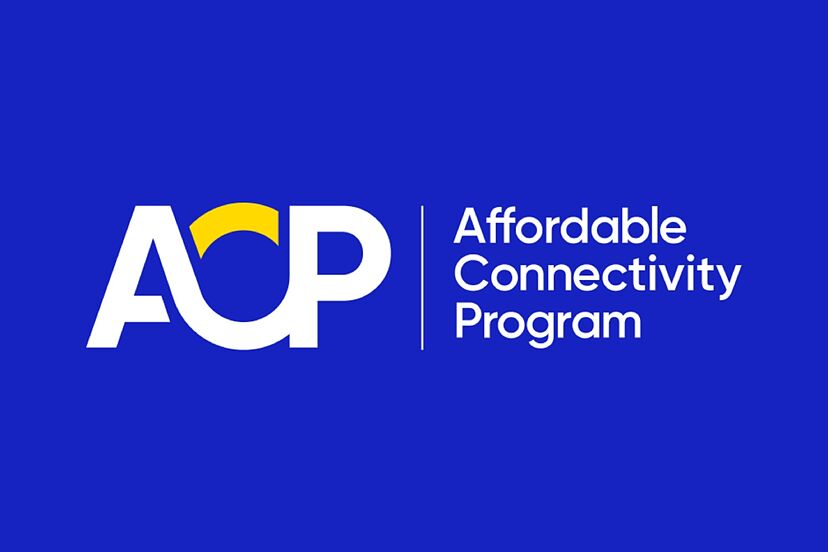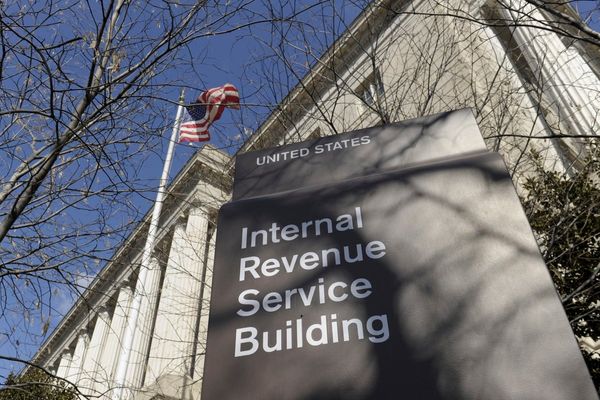
The Affordable Connectivity Program (ACP), which is credited with helping 23 million American households in need pay for internet service, has officially entered a "partial funding" phase.
Households that rely on the pandemic-era program will receive a maximum of $14 for the month of May (with the exception of tribal households), rather than the typical $30.
At the end of May, the program will run completely dry and reliant households could be left paying up to $40 more each month for their broadband.
Efforts to extend the program have thus far stalled in Congress, despite mounting bipartisan support for the bill. Republican House Speaker Mike Johnson has yet to bring the bill to the floor, and seems unlikely to, according to CNN.
“It is clear the program would be extended if the speaker would allow a vote,” Blair Levin, an analyst at the market research firm New Street Research, said in an interview with CNN. “So far, he has not said anything about it, but it appears he will not allow the House to vote on the legislation. He has not, to my knowledge, said anything substantive about the legislation or the program.”
Lawmakers from both political parties pushed legislation earlier this year to maintain the program through the end of the year with a $7 billion infusion when it first began to run dry.
The White House has also pushed for an extension, but the Republican-led House leadership has yet to respond.
In the meantime, customers in need can reach out to their internet providers, as many companies have discounted plans available for low-income households.
In California alone, nearly 3 million households rely on the assistance provided by the ACP, according to California Broadband for All.
In fact, a study conducted by the FCC in December 2023 found that nearly 80% of ACP benefactors said losing the service would force them to move to a lower-cost plan or drop internet service entirely.
For lawmakers who feel more affinity to corporate interests than disadvantaged Americans, there’s also this: By some estimates, Charter Communications has close to 5 million internet customers paying via the ACP subsidy. Charter — which, like many cable companies, has stopped growing broadband subscribers — can ill afford an exodus of these customers.







